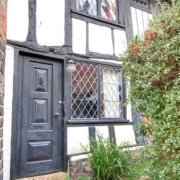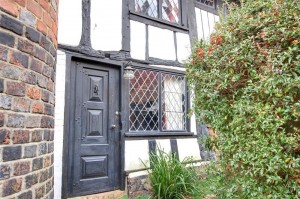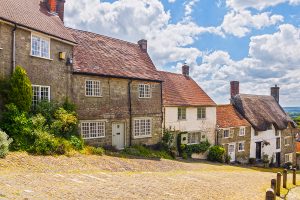 If you own an older historic holiday letting property then you’re likely to have had, and will have, plenty of questions from guests about your heritage holiday home’s history. Have you considered the benefits of integrating this information to guests in your holiday home marketing to help secure new and repeat bookings? You may have an idea of when it was built or who lived there before, but do you know how to find out more about your holiday home’s history?
If you own an older historic holiday letting property then you’re likely to have had, and will have, plenty of questions from guests about your heritage holiday home’s history. Have you considered the benefits of integrating this information to guests in your holiday home marketing to help secure new and repeat bookings? You may have an idea of when it was built or who lived there before, but do you know how to find out more about your holiday home’s history?
Take a look
The easiest way to get started with learning more about your property is to look for visual clues in the architecture. It may sound obvious, but the architecture and style of your house will help you identify the time period in which it was built. There may also be some bits that don’t seem quite right, which may indicate that they were added at a later date. If you’re no expert on period architecture, which we aren’t either, then the next steps will also help place your property in history…
Go local
Local history and developments may have affected your property much more than you think. Knowing what was going on around your holiday let over the years can reveal surprising changes and events. British History Online is a great resource for learning about local history, and finding your holiday home’s place in it.
It is also worth talking to a Local History Society. The Local History Online website has a list of societies and their contact information.
Home history
If you are wanting to discover more about the building itself, there are many resources you can focus on. Photographs and newspapers are a great way to research the appearance of your house. If you don’t have any copies, get in touch with your local record office or The Historic England Archive. Articles can provide useful contextual information, and potentially even some photographs!
Is your holiday home a listed property? When owning a heritage home you’re likely to be more aware of it’s history. Listed Buildings Online contains useful records of British Listed Buildings including details of their age and why they were listed.
Ordnance Survey maps are also brilliant for seeing how an area has developed over time. If you don’t know when your holiday let was built, these maps can help you establish a rough time. Copies of these maps from 1840s onwards can be found at county record offices and local libraries.
Did your property once form part of a farm, public house, vicarage, church house, or workhouse? Extra resources are available. The National Farm Survey, visitation records in the parish chest, and this workhouse site are definitely worth checking out if you own one of these building types.
Past people
If social history is what you’re after, then there are multiple records and registers that could help you.
Electoral Registers
Electoral registers can be useful, but they may only be of limited use. Electoral registers were compiled annually from 1832, however women don’t appear on the register until 1918. As well as this, the voting age wasn’t lowered to 18 until 1969, restricting the knowledge that can be gleaned.
Copies can be found at local record offices or local studies libraries.
Census Records
Census records have been going every 10 years since 1801. They are filed with information about the previous occupants of your property, including names, ages, sex, marital status, birth locations, and occupations. Due to privacy reasons, censuses between 1841 and 1911 are available. Later censuses will only be available 100 years after the date they were conducted.
Visitor interest
Once you’ve discovered the history of your holiday home, why not make an information pack for guests and include it in all of your promotional material? Point out any particularly interesting architectural elements, include copies of old photos, and take them through the social and local history. Let us know your holiday home’s history, we would love to hear their stories.
Boshers are specialist providers of Holiday Home Insurance and Listed Holiday Home Insurance. For more information on how a specialist insurer can help and support your holiday home business, please give us a call on 01237 429444.
Follow this link for posts similar to Insurance for Listed Holiday Lets with Heritage and other useful resources for holiday home owners.
You may also find the following post for Listed Holiday Let owners of interest:
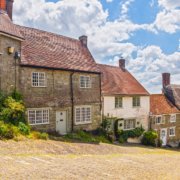
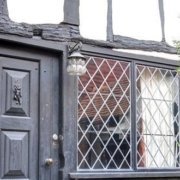
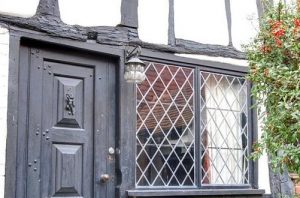 As a nation we love our history and heritage; there’s a reason National Trust properties are some of the most popular venues to visit across the country no matter what the season. A recent survey by Historic England has now revealed that the owners of listed buildings are also proud with their own stake in a yester year.
As a nation we love our history and heritage; there’s a reason National Trust properties are some of the most popular venues to visit across the country no matter what the season. A recent survey by Historic England has now revealed that the owners of listed buildings are also proud with their own stake in a yester year.